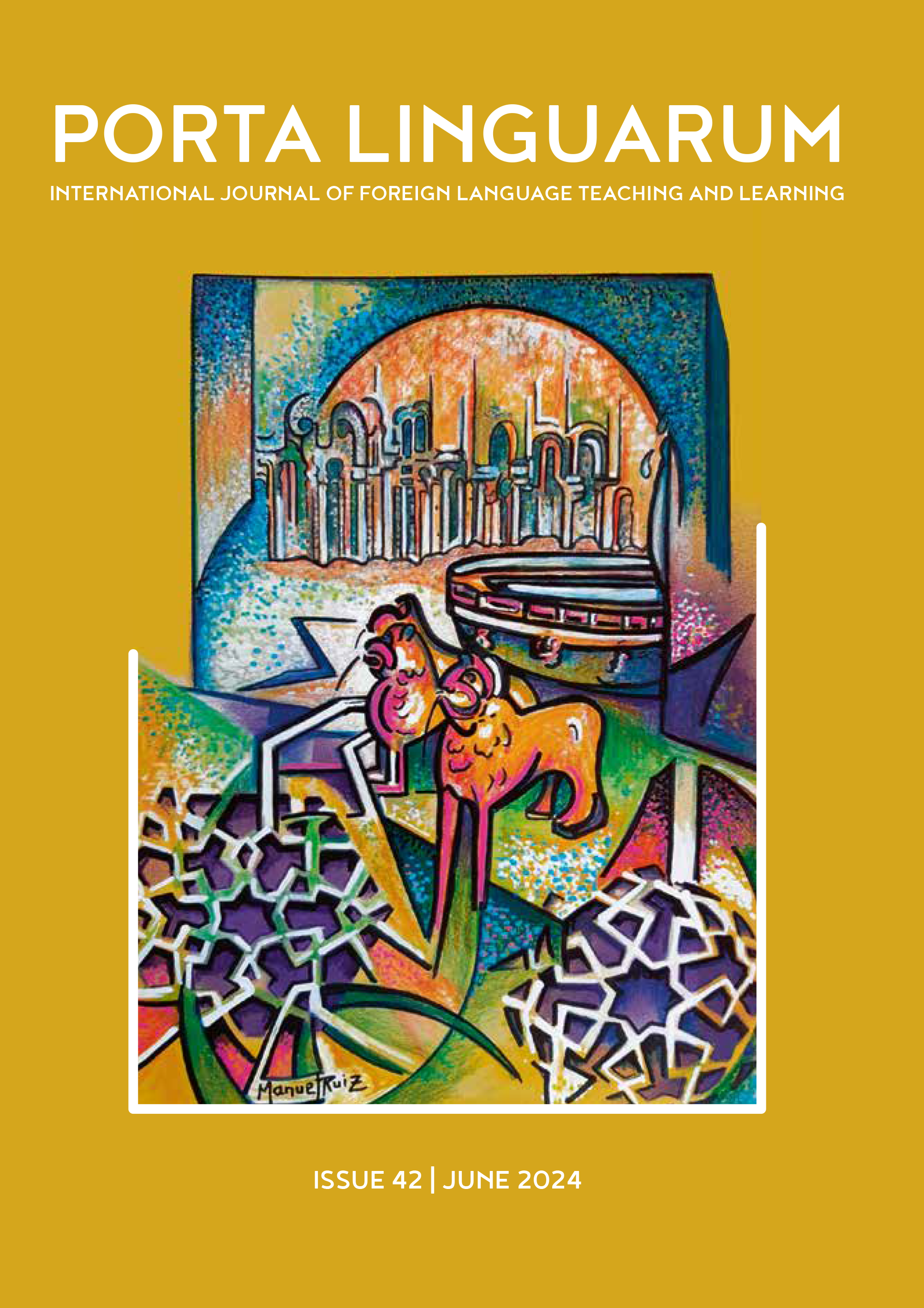Personality as a factor affecting the use of language learning strategies. Jakub Przybył & Mirosław Pawlak (2023). Cham(Switzerland), Springer Nature Switzerland AG. ISBN 978-3-031-25254-9
DOI:
https://doi.org/10.30827/portalin.vi42.29829Descargas
Citas
Costa, P. T., Jr., & McCrae, R. R. (1985). The NEO personality inventory manual. Psychological Assessment Resources.
Costa, P. T., Jr., & McCrae, R. R. (1992). Revised NEO Personality inventory (NEO-PI-R) and NEO five-factor inventory (NEO-FFI) manual. Psychological Assessment Resources.
Derakhshan, A., Wang, Y.L., Wang, Y.X., & Ortega-Martín, J. L. (2023a). Towards innovative research approaches to investigating the role of emotional variables in promoting language teachers’ and learners’ mental health. International Journal of Mental Health Promotion, 25(7), 1-10.https://doi.org/10.32604/ijmhp.2023.029877.
Derakhshan, A.,Malmir, A., Pawlak,M.,& Wang, Y. L.(2023b).The use of interlanguage pragmatic learning strategies (IPLS) by L2 learners:the impact of age, gender, language learning experience, and L2 proficiency levels.The journal International Review of Applied Linguistics in Language Teaching.https://doi.org/10.1515/iral-2022-0132
Dörnyei, Z., & Ryan, S. (2015). The psychology of the language learner revisited. Routledge.



















